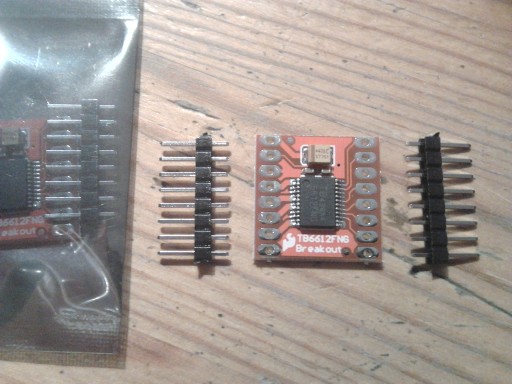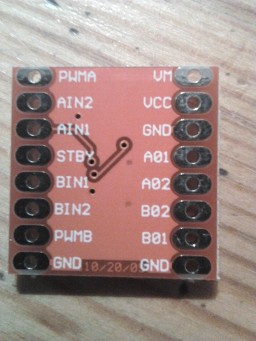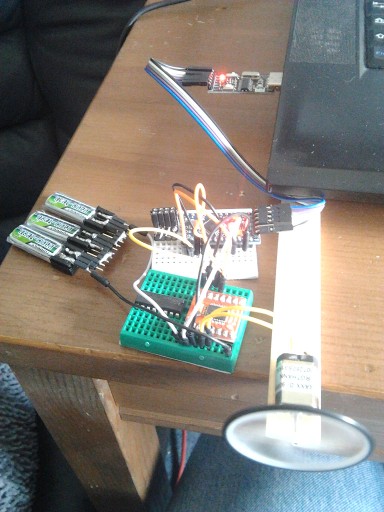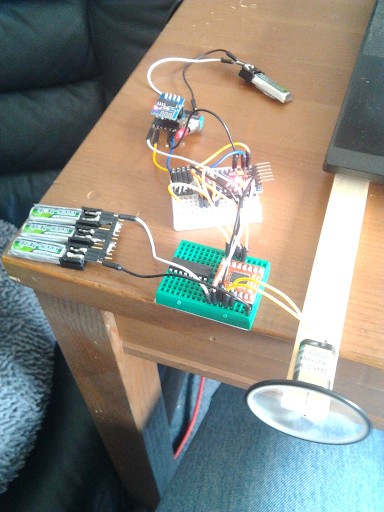- Fri Jun 26, 2015 7:16 am
#21748
Did my Motor Test Station project without wireless until today, see:
http://forum.arduino.cc/index.php?topic=331722.0The fastest I got with 12V motor was 6.90m/s(!) or 24.84km/h.
Today I made my ESP8266-01 with Lua telnet server allowing to telnet into ESP8266-01 a passenger of the last setup:
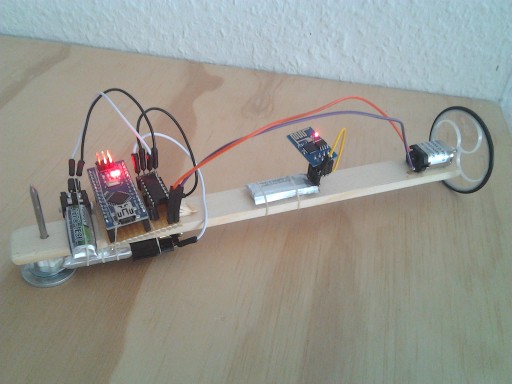
No wire connection, no resets seen as those discussed before in this thread.
There was an accident at speed of 17.6km/h and the ESP8266-01 got thrown out and ended up at security glass.
And it still did work(!), telnet session was alive, no reset happend:
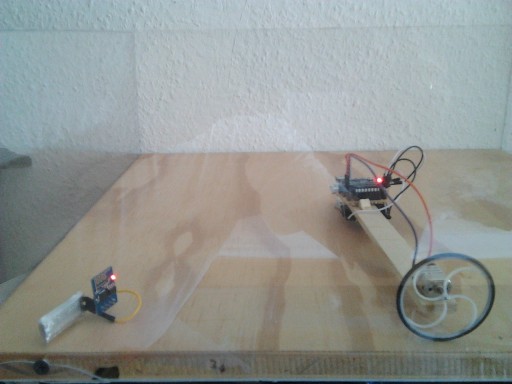
youtube video:
https://www.youtube.com/watch?v=nSRXG5Cs9UA&feature=youtu.beand here you can see ESP kicked out at quarter video speed:
http://rowvid.com/?v=nSRXG5Cs9UA&t=18.5&s=0.25Copying in youtube text for completeness:
Same setup as in (9), but with an ESP8266-01 as passenger.
Did telnet wirelessly into Lua shell via the ESP8266-01 telnet server.
Time output (in sec) before and after the run:
> print(tmr.time())
135
>print(tmr.time())
188
>
This proves that no reset happened, although the ESP's seatbelts did not avoid getting thrown out and being stopped only by security glas. The telnet session survived this accident !!
rowvid.com single frame analysis shows that accident happend at 4.9m/s or 17.6km/h.
I read about an "ESP throwie" before, would not have thought of a high speed throwie

Hermann.
